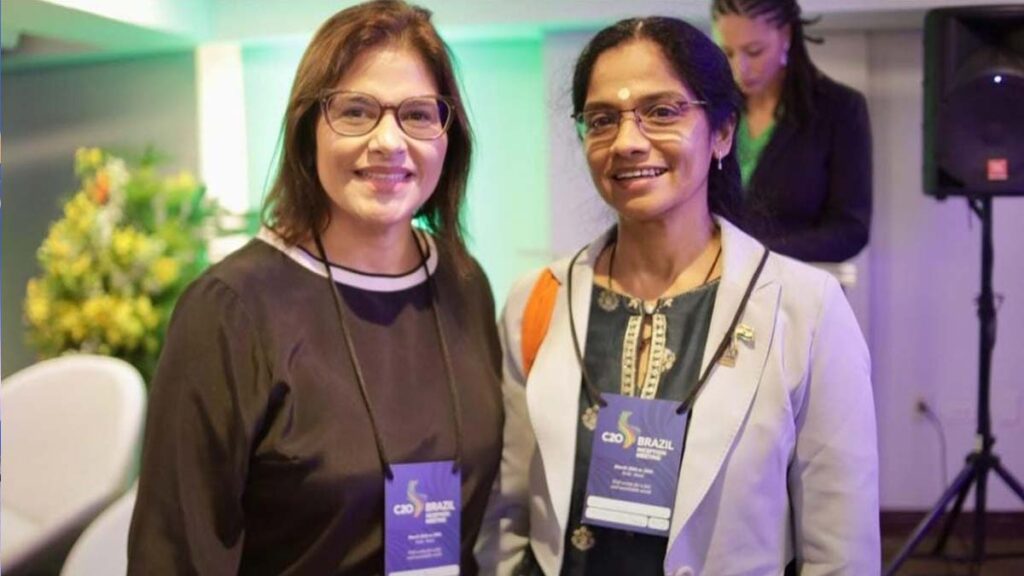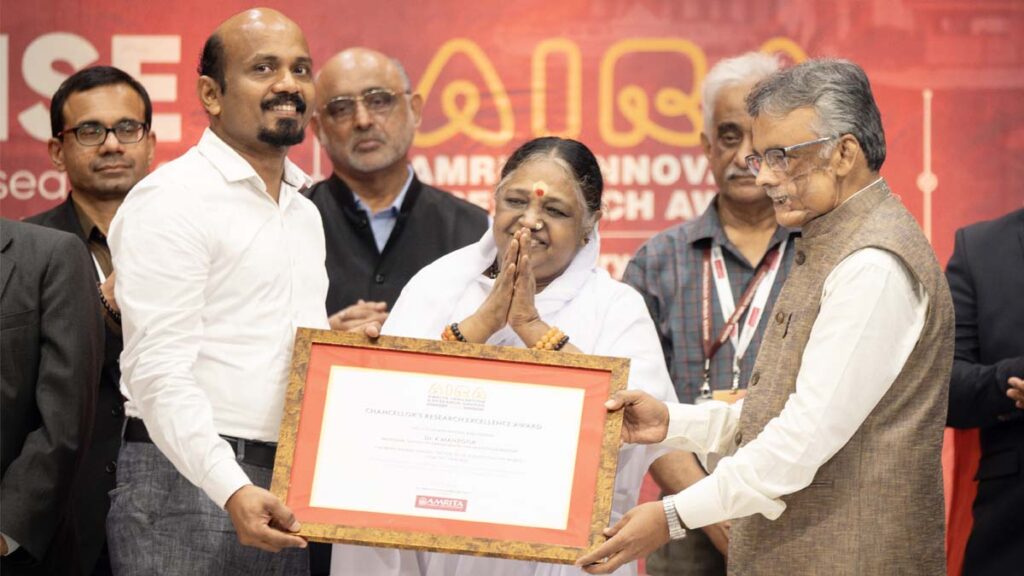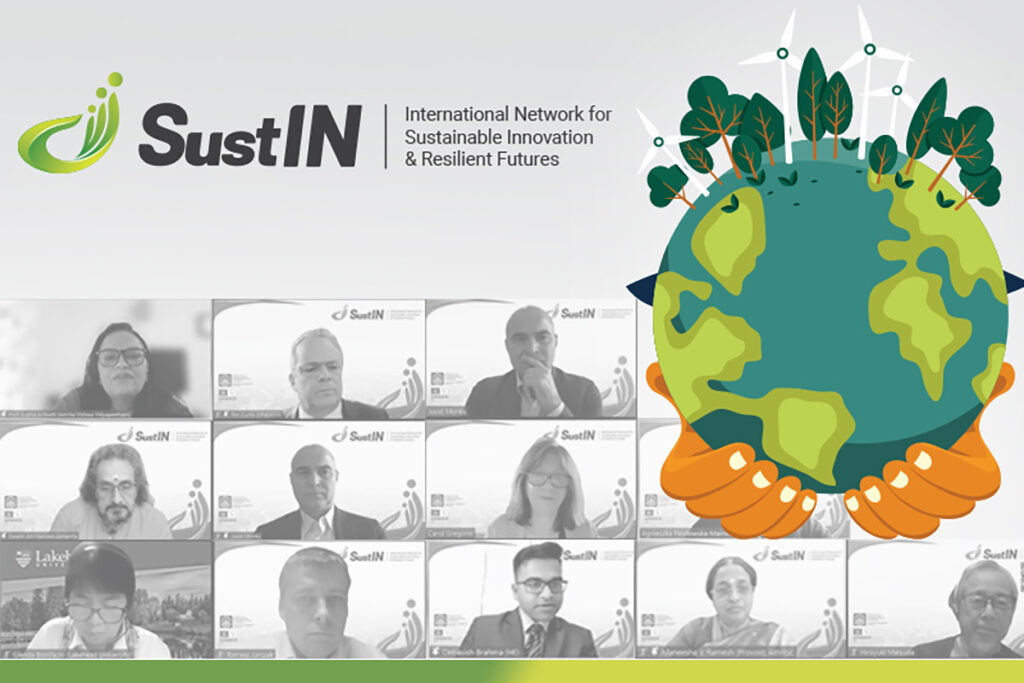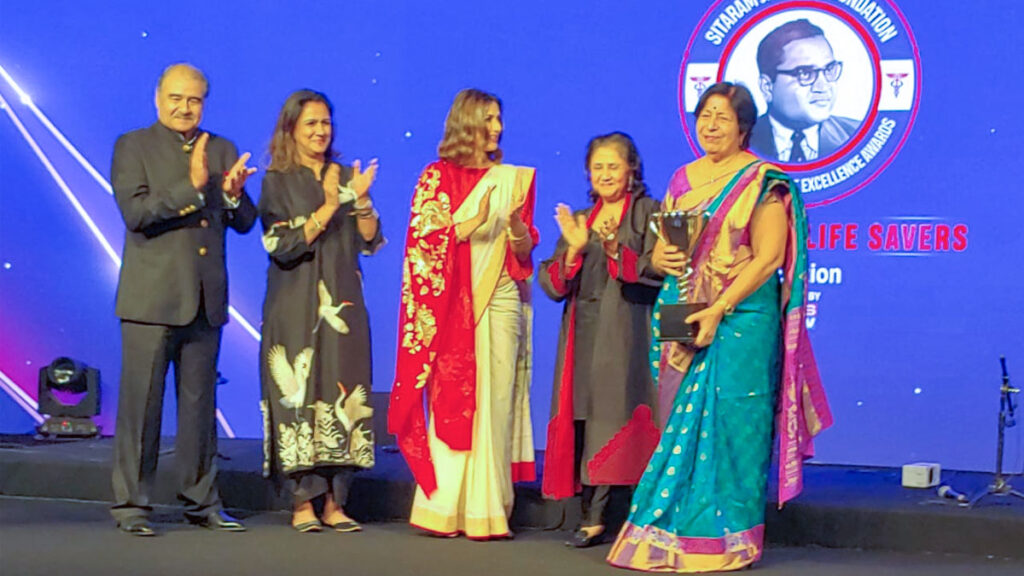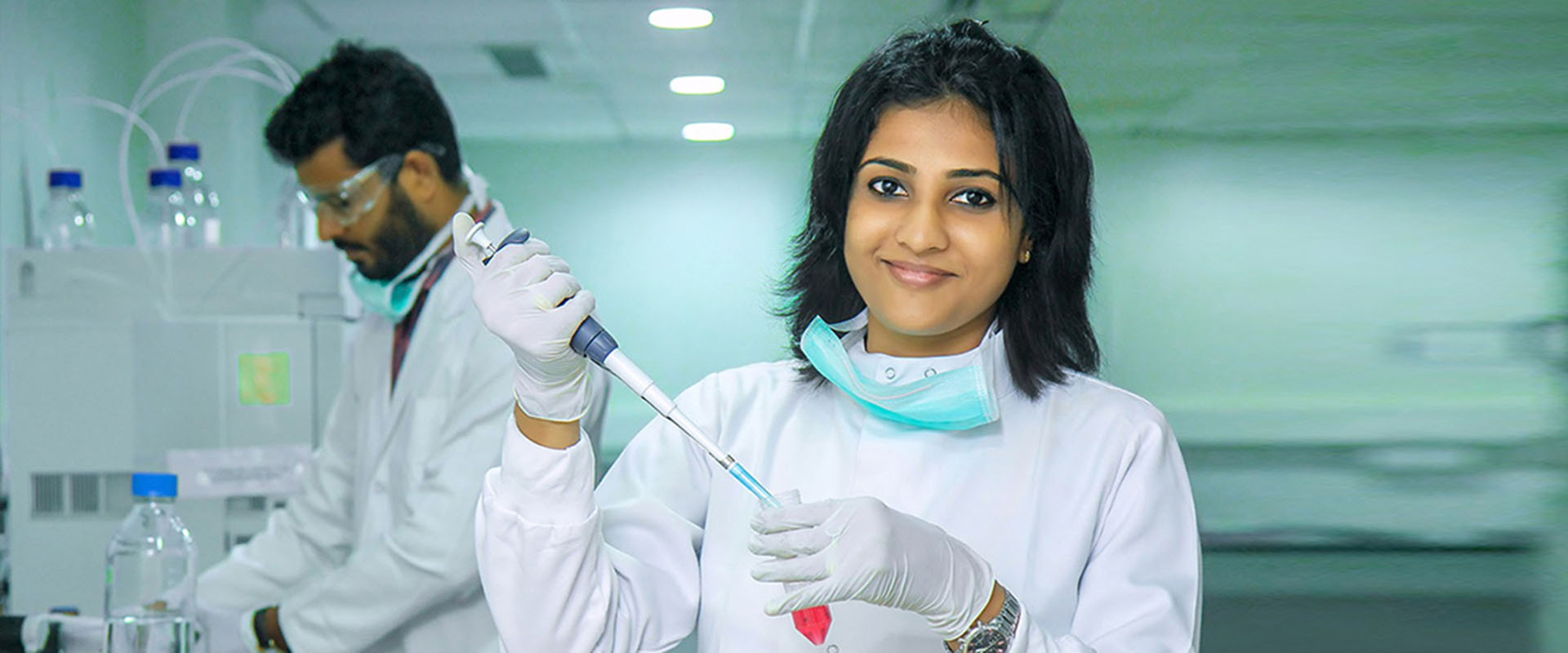
Research
Amma stresses the importance of research aimed at humanitarian ends. Our research programs were initiated with the vision of harnessing the power of modern technology to make a difference in the lives of people in need.
Researchers at Amrita University are partnering with senior scientists in the world’s leading research universities. With the goal of solving some of the world’s most pressing problems, we innovate new uses for existing technology and invent entirely new products.
“Today, universities and their researchers are ranked mainly based on the amount of funding they receive, the number of papers they publish, and their intellectual caliber, but along with this, we should take into consideration how much we have been able to use their research to serve the lowest and most vulnerable strata of society.”
- Amma
Why it Matters
By innovating our own solutions, we can keep the costs down and scale the solutions up.
In developing countries, when solutions are imported from outside the country, hospitals, schools and other institutions often pay a premium which is then passed onto the very people that are meant to be served.
Multidisciplinary Research Centres
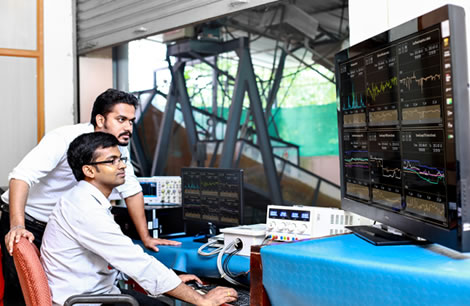
Wireless Technologies
The Amrita Centre for Wireless Networks and Applications (Amrita WNA) focuses on emerging wireless technologies for application in areas such as disaster management, health care, rural electrification, remote education, and environmental monitoring. Our projects include developing and deploying a real time landslide detection system that saves lives in remote regions, wearable devices for monitoring cardiac patients, and solar and hydro power for marginalized villages.
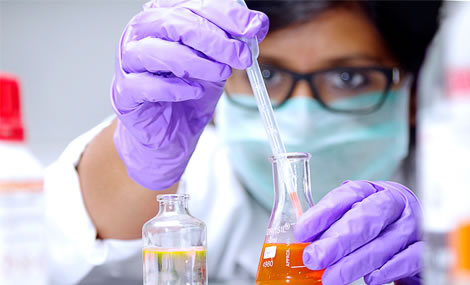
Nanosciences and Molecular Medicine
Amrita School of Nanosciences and Molecular Medicine (ASNSMM), India’s first Nanobio centre, is recognized as a Thematic Unit of Excellence in Medical Nanobiotechnology by the Ministry of Science and Technology, Government of India. Our research spans cancer treatment innovations, disease-specific nanomedicines, molecular markers for clinical conditions, novel delivery systems for wound healing, nervous system and cardiovascular issues, among others. We also house a bioinformatics unit, 3D bioprinting, stem cell program, and tissue regeneration labs. Our renewable and energy storage division focuses on clean and sustainable energy research.
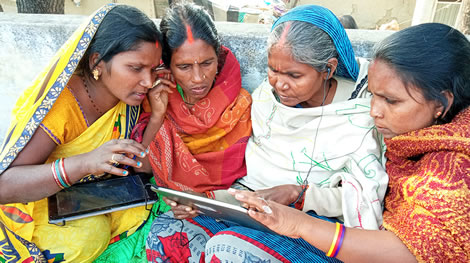
Technology and Skill Development
Amrita Multimodal Applications Using Computer and Human Interaction (Ammachi Labs) creates innovative educational tools and skill development solutions to help uplift entire communities. We use computerized vocational education training to make education accessible and interesting to people seeking new opportunities to better themselves and their families. We also focus on R&D for CHI, robotics and automation, haptic technologies and applied robotics to address real life situations in the field.
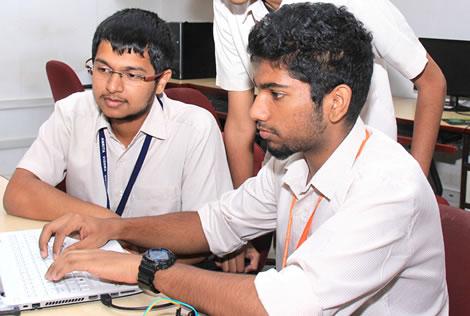
Internet and Artificial Intelligence
The Centre for Internet Studies and Artificial Intelligence (CISAI) performs interdisciplinary research and studies on the intersection of the internet, artificial intelligence, and related technologies. Research areas include digital privacy, digital literacy and accessibility, and the impact on rural and urban communities.
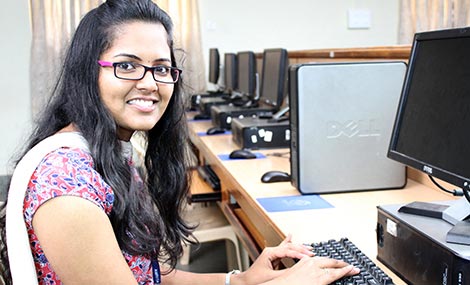
Cybersecurity Systems
The Amrita Centre for Cybersecurity Systems and Networks promotes partnership between industry, academia, and the government to foster innovative research and education in cybersecurity, thus enhancing knowledge, deriving solutions, mitigating risks, and ultimately benefiting society. A designated Centre of Relevance and Excellence (CORE) for cybersecurity in India, our areas of research and application include security data visualization, cryptography, healthcare security, Internet of Things and security and more.
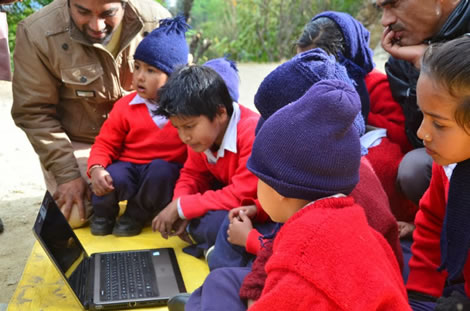
Educational Technology
The Amrita Centre for Research in Analytics, Technologies and Education (AmritaCREATE) applies innovative digital solutions that integrate research and practice to provide accessible and affordable educational technologies for all. Our research focus areas include modeling, simulation, and management of adaptive learning systems, language learning systems, and virtual and interactive environments; ICT-based interventions for differently abled learners; e-learning content in local regional languages; digital literacy programs and more.
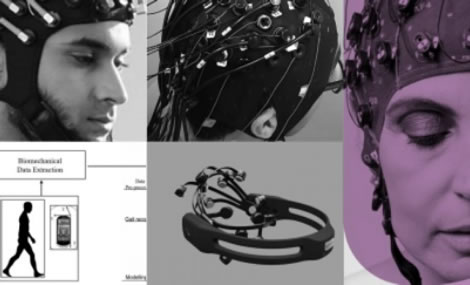
Cognitive Science
The Amrita Mind and Brain Centre studies brain function, emphasizing cognition, computations, and neural engineering. We aim to create innovative engineering solutions for neurological and psychiatric conditions. Our interdisciplinary approach addresses brain-related challenges for immediate healthcare impact for conditions such as epilepsy, multiple sclerosis, Parkinson’s, and Alzheimer’s disease. Our focus also extends to advancing brain-computer interfaces and neuroimaging techniques for applications in humanitarian challenges.
Economics and Governance
The Amrita Centre for Economics and Governance (ACEG) analyzes economic and social development and governance regimes through an economic and financial lens. Research areas include development failure, income inequality and deprivation, human capital, agriculture, water and energy, climate change, labour market disequilibria, asymmetric financial markets, public finance and public utilities, and the political economy of governance. Besides promoting and disseminating applied research on development and policy, we also work on capacity building through professional education for researchers and public policymakers.
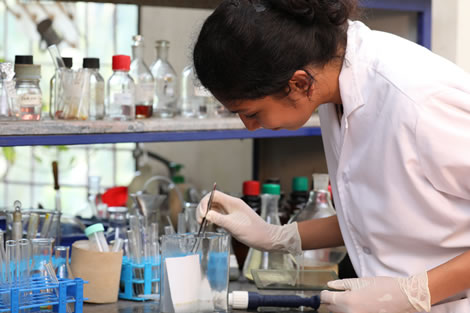
Biotechnology
The Amrita School of Biotechnology is established as a Centre of Relevance and Excellence (CORE) in Biomedical Technology. We conduct applied research across a wide spectrum of areas including cell biology, cancer biology, wound healing, computational neuroscience, proteomics, neurophysiology, phytochemistry, analytical chemistry, venomics, phage biology, RNAi, virtual labs, matrix biology, and green energy.
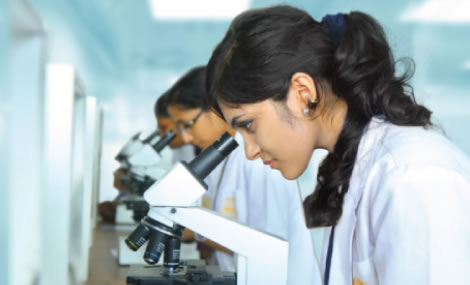
Medicine
The Amrita University School of Medicine conducts advanced clinical research in areas such as molecular biology and medicine, metabolism disorders, heart muscle disease, tumour immunology, electrical disorders of the heart, pancreatitis, hepatitis B, and more. Research outcomes include new treatments for brain cancer, drug-resistant leukemia, pancreatic cancer, liver tumors, a nano vaccine for multiple sclerosis, and a low cost screening tool for detecting oral cancer.
Thematic Research Centres
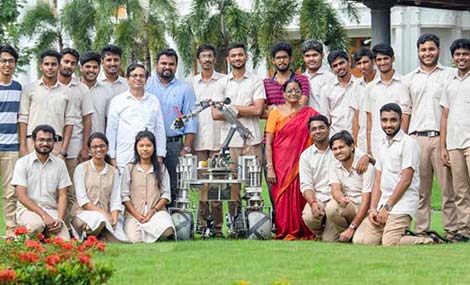
Computational Science
The Centre for Computational Engineering and Networking (CEN) researches artificial intelligence and data science in various domains such as natural language processing, bio-signal and image processing, smart grids, driverless vehicles, robotics, and wireless communication and sensor networks. Our research has wide applications in areas such as improving farming methods and making English language information on the internet accessible in a variety of native languages.
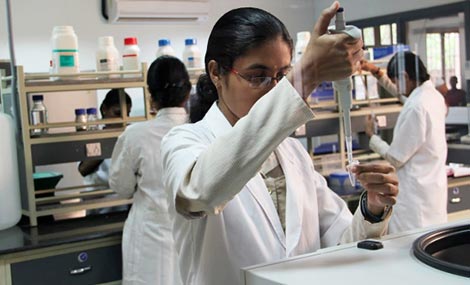
Green Technologies
The Centre of Excellence in Advanced Materials and Green Technologies (COE – AMGT) works collaboratively on research areas including renewable energy, fuel production from biowaste, low cost drinking water and wastewater treatment, real-time monitoring and mitigation of water and soil pollution, and biomimetic and biomolecular chemistry. Our research activities reflect both our strengths in discovering new physics, chemistry and material behavior as well as our commitment to applying them to solve India’s and global problems pertaining to sustainable development.
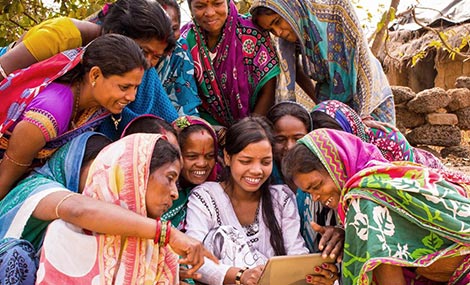
Gender Equality
The Centre for Women’s Empowerment and Gender Equality (CWEGE) promotes gender equality and fosters women’s empowerment with a special focus on skill development, health, climate change, and technology. Field deployments and projects are modeled upon a participatory design approach. Our engineers, social scientists, field workers, volunteers, and exchange students from around the globe all work alongside rural villagers to jointly find solutions to social problems.
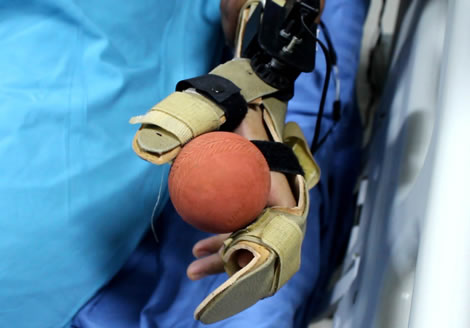
Robotics
Humanitarian Technology Labs (HuT) Labs is an engineering research lab using robotics for social good. We are mainly focused on robotics, health care, human aided devices, and embedded systems. For example, we have developed a low cost, self-driving wheelchair system to aid people with mobility issues and an unmanned search and rescue robot to aid in disaster management.

Automotive Technology
The Sustainable Mobility and Automotive Research Technology Centre (SMART) is an engineering research lab mainly focusing on developing efficient and low cost electric autonomous vehicles; we also research related technologies such as energy management systems, vehicle to grid and vehicle to home technology, batteries and energy storage systems, and connecting with cyber security. Our goal is to develop technology that increases safety, accessibility, and environmental sustainability.
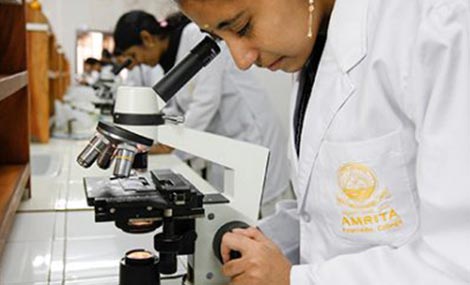
Ayurveda
The goal of the Centre for Advanced Research in Ayurveda (ACARA) is to provide a scientific backing for traditional medical practices and pave the way for the development of an evidence based integrative approach to health care. We do this through our research labs in phytochemistry, microbiology, cell culture, medical genetics and clinical research; cross-disciplinary collaboration with scientists, biologists and clinicians; and research based on ayurvedic clinical practice at the point of care.
Our Impact
Our Partners
We have established multiple joint centres of excellence centered around building a better world.
Related News
Get Involved
Volunteer
Donate
Partner with us
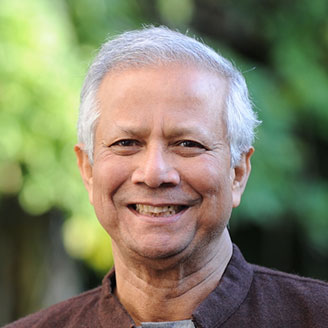
Amrita University is not just another university but a very high quality, world-class university ...focussing on technology and research, dealing with very concrete issues which have immediate applications.
- Prof. Muhammad Yunus


